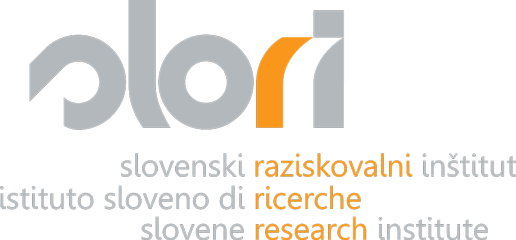Target oriented research project
Project promoter: dr. Lucija Čok, Science and Research Centre of Koper (UP ZRS)
Project performers: University of Primorska: Science and Research Centre of Koper: dr. Vesna Mikolič, dr. Nives Zudič Antonič, Blaž Simčič; Faculty of Education Koper (UP PEF): dr. Sonja Starc; Philosophy Faculty of the University of Ljubljana; dr. Albina Nežak Lük; Institute for ethnic studies: dr. Sonja Novak Lukanovič, dr. Mojca Medvešek, dr. Katalin Munda-Hirnoek; Slovene Research Institute-Slori, Trst: dr. Suzana Pertot
Project implementation period: 2006-2008
In the last fifty years, education models for minorities and bilingual education models around the world have often been at the centre of political, social and economic debates, a circumstance that influenced the processes of their development and modification procedures. The models developed by Slovenia in ethnically mixed areas or those involving Slovenes in neighbouring countries were based on the tradition of national education, on the density of nationally inhabited and culturally defined areas, as well as on the orientations of national and European policies.
As researchers involved in this project, we wish to find out which advantages of bilingual education need to be developed and promoted in the new socio-economic situation of European integration processes and which pitfalls of these processes have to be anticipated and identified most urgently, based on the level of success obtained in the application of the bilingual model in schools of ethnically mixed areas with regard to the academic performance of the students in the pattern of student populations and with regard to the teaching contents. Consequently, it will be possible to predict to what degree bilingual education models should be improved and further developed in accordance with the aims of preservation, protection and development of minorities in such a way as to make the minority educational system competitive with its majority counterpart even when due to an increased movement of people, goods and capital in the future Europe minorities have assumed a new role.
